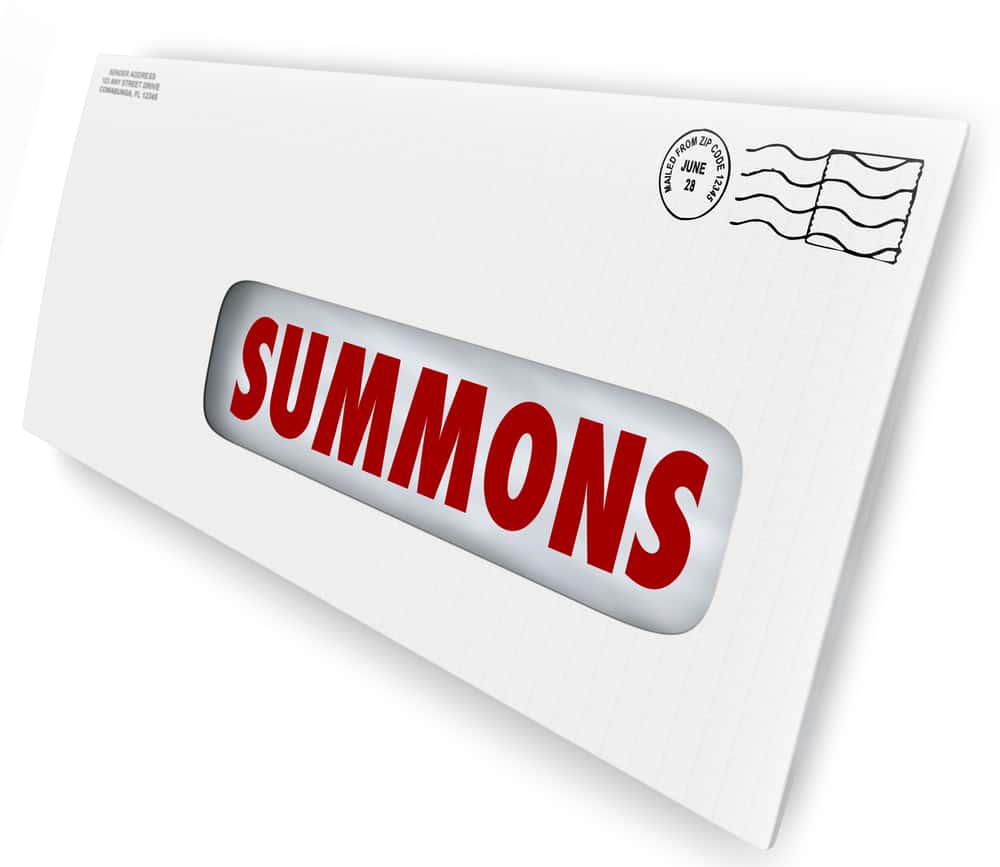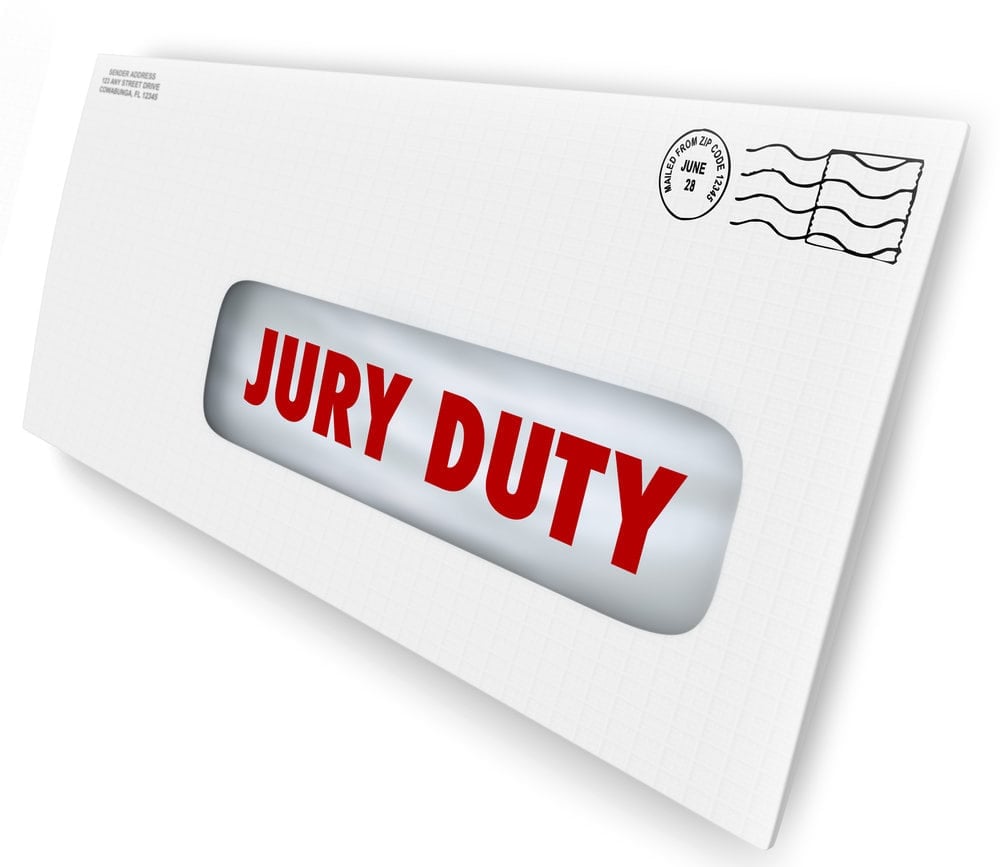Jury duty is an essential aspect of the United States legal system and a responsibility for all citizens, including those residing in San Francisco, California. This civic duty involves individuals being called to serve as jurors in various legal cases, assisting in determining the outcome of the proceedings. It is through jury duty that democracy is expressed, ensuring that decisions made within the courtroom reflect the beliefs and opinions of the community.
In San Francisco, being called for jury duty begins with receiving a summons, typically sent via mail. This document contains pertinent information about the prospective juror’s assigned date, location, and time to report for service. Upon arrival, individuals must undergo an orientation before being selected to serve on a jury for a specific case. During this time, jurors must remain impartial and focused on the facts presented, ultimately collaborating with fellow jurors to reach a verdict.
While the prospect of serving on a jury in San Francisco may seem daunting, it is crucial to remember the significance of this role in upholding justice within the Californian legal system. Through active participation in the jury process, citizens contribute to the fairness of trials and the preservation of the rights of those involved in legal disputes. By understanding the significance of this responsibility and its logistics, San Franciscans can ensure they are well-prepared when called upon for jury duty.
Eligibility and Requirements
Basic Criteria
To be eligible for jury duty in San Francisco, an individual must meet the following basic criteria:
- Be a U.S. citizen
- Be at least 18 years old
- Be a resident of the jurisdiction within which they are summoned
- Have sufficient knowledge of the English language
Voter Registration and DMV Lists
Jury duty selection is based on two primary sources: voter registration lists and the California Department of Motor Vehicles (DMV) driver’s license and identification card records. Those registered to vote or with a valid driver’s license or ID card from the California DMV may be called for jury service.
Reasons for Disqualification
Certain circumstances may disqualify an individual from serving on a jury. These include:
- Having a felony conviction
- Having a mental or physical disability that prevents the performance of jury service
- Not being a U.S. citizen
- Not being a resident of the jurisdiction within which they are summoned
- Being under 18 years old
- Having insufficient knowledge of the English language
The Summons Process

Jury Summons
When a person is summoned for jury duty, they receive a summons from the jury office. This official notice informs the individual about the date, time, and location where they are to report for service. It also contains reporting instructions and other relevant information.
Responding to the Summons
The prospective juror should carefully read the enclosed information upon receiving the summons. They must follow the reporting instructions and verify the schedule for the designated day of service. It’s important to respond timely and accurately to prevent any possible penalties.
Postponements and Excuses
Sometimes, an individual may have valid reasons for requesting a postponement or excuse from jury duty. Common reasons include financial hardship, health issues, or work-related conflicts. To request a postponement or excuse, the prospective juror should contact the jury office and provide documentation supporting their request. The jury office will then review the request and determine whether the individual qualifies for a deferment or excuse.
Postponements: If granted, the person can postpone their service to a more convenient time. It’s essential to communicate with the jury office and coordinate a new date for service.
Excuses: If the jury office approves the excuse, the prospective juror will be released from their obligation to serve. This decision is at the discretion of the jury office and may vary depending on the circumstances surrounding the request.
Please note that the null language has been used to provide the output.
Jury Selection and Service

Arriving at the Courthouse
Jurors report to the San Francisco Superior Court for jury duty in San Francisco. Upon arrival, you must go through a security checkpoint, where the court security officer will search your belongings. It is advisable to arrive early, as there may be lines.
Jury Selection Process
The jury selection process begins with a panel of potential jurors being randomly selected from the public. The following steps are taken in the selection process:
- The jury assembly room supervisor will give an orientation to provide general information on jury service.
- Potential jurors are then randomly selected to be part of a jury panel.
- The jury panel is led to the courtroom where the trial will be held.
- The judge and attorneys will ask the potential jurors questions to determine their ability to be impartial.
- Based on the potential juror’s answers, they may be excused for various reasons or selected to serve on the jury.
| Excused Reasons | Challenge Types |
|---|---|
| Personal hardship | Peremptory |
| Familiarity with the case | Cause |
Trial Participation
Once selected, jurors must actively participate in the trial process. This involves listening to witnesses, examining evidence, and following the judge’s instructions. Jurors will then deliberate and reach a consensus on a verdict, which will be announced in open court.
Remember that trials can vary in length, and you must be prepared to anticipate disruptions to your daily routine. As a juror in San Francisco Superior Court, your service to the public ensures that trials are conducted fairly, and justice is served.
Rights and Responsibilities
Penalties for Failure to Appear
In California, if someone is summoned for jury duty and fails to appear, they may face consequences under California law. Potential penalties for not showing up at the assigned time and place include fines, citations, or contempt of court charges.
Individuals must understand the importance of participating in the justice system and fulfilling their civic responsibilities. California law emphasizes that serving as a juror is fundamental to maintaining a fair and impartial legal system.
Juror Compensation
Jurors in California are compensated for their time spent fulfilling their civic duty. The state provides a daily allowance and mileage reimbursement for each day a person serves as a juror. The specific compensation rates are as follows:
- Daily allowance: $15 per day, starting on the second day of service
- Mileage reimbursement: 34 cents per mile, one-way, starting on the second day of service
It is important to consider the potential loss of income, especially for those who are self-employed or do not receive paid time off from their employers. Nevertheless, compensation helps alleviate some financial burdens of attending jury duty.
In conclusion, participation in jury duty involves both rights and responsibilities. California law expects citizens to appear when summoned and offers compensation for their service. Those who fail to appear may face penalties, highlighting the need for individuals to prioritize their civic duties.
Additional Information
Accessibility and Parking
Jury duty venues ensure accessibility for all individuals, including those with disabilities. Public transportation options are available to help reach the courthouse. For those who prefer to drive, parking facilities are typically provided nearby at nominal fees.
Security Measures
Upon arrival at the courthouse, all individuals undergoing jury duty are subject to security measures. These may include:
- Bag screenings
- Metal detector walkthroughs
- Security personnel presence
These measures help maintain a safe environment for all parties involved in the proceedings.
Language Assistance
Language assistance is available during jury duty, particularly for non-English speakers or those with limited English proficiency. Courts may provide interpreters or other accommodations to ensure clear communication and comprehension.
Protecting Personal Information
Courts are committed to protecting jurors’ personal information. They will only collect necessary information, such as Social Security numbers or credit card information, which are securely stored. Jurors must remain vigilant and protect their personal information from fraud or identity theft.
FAQs
How do I know if I’m eligible for jury duty in San Francisco?
Individuals are eligible for jury duty in San Francisco if they meet the following criteria:
- Must be 18 years of age or older
- Must be a U.S. citizen
- Must be a resident of San Francisco County
- Must have sufficient knowledge of the English language
- Must not have served as a juror in the past 12 months
How will I be notified about my jury duty summons?
Potential jurors will receive a summons in the mail indicating the date, time, and location of their jury service. It’s important to pay close attention to the information provided and follow the instructions.
Can I request to postpone my jury duty?
Yes, you may request a one-time postponement of your jury service. The request must be submitted before the scheduled reporting date, and the new date must be within six months of the original date. You can request a postponement online, by mail, or by phone.
What happens if I don’t show up for jury duty?
Failure to appear for jury duty may result in penalties, including fines, bench warrants, or contempt of court. It’s crucial to respond to a summons and fulfill your civic duty. If you have a valid reason for not attending, properly communicate it to the court.
What should I expect during the jury selection process?
During the jury selection process or voir dire, the judge and attorneys from both sides will ask potential jurors questions to determine their suitability for the case. Some people may be excused for various reasons, while others may be asked to serve on the jury.
What is the duration of a typical jury duty service?
The duration of jury duty varies depending on the complexity of the case. In most instances, jury duty lasts about one to two weeks. However, some cases may require a longer commitment. Jurors are typically given an estimate of the trial length during selection.



